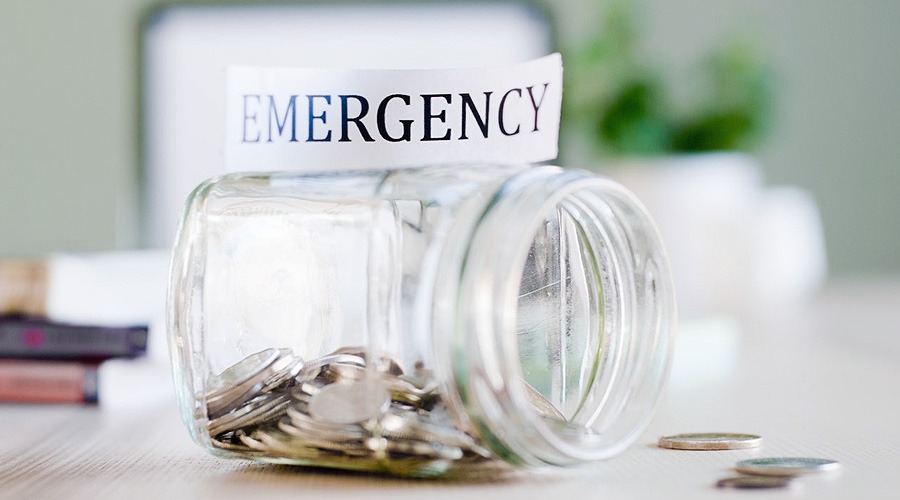
How to Save for Emergencies
A common piece of financial advice is to save big and save often… but for what?
Before you start saving for fun goals, like a vacation or new car, it’s wise to save for emergencies. That way you don’t fall into financial ruin when life produces a surprise – or risk being unable to afford the services you need.
What are the most crucial emergencies and how do you save realistically? Let’s find out.
Breakdowns
This may include your car, your fridge, your phone, or anything else that would negatively affect your life when in disrepair. After all, your food going to waste will impact your shopping funds, and a broken car will disrupt both your work and your daily activities.
Items that would need an immediate fix pose the greatest threat to your budget, so evaluate how much they would cost in a worse-case scenario. This is the amount to work towards as you set aside extra cash.
Start by prioritizing the items. Is your car more necessary than your phone? Is your fridge more crucial than your air conditioning? Save for the most important items first.
Unemployment
Losing your job not only means lacking income to cover your expenses; you’ll also go through any accumulated savings quickly to make ends meet.
If you’re only able to put away a few dollars every paycheck, it’s going to be hard to save enough to cover all your bills even once.
Conventional wisdom says you should have enough savings to live a basic lifestyle for six months without a job. However, that may be unreasonable for your situation. Start by planning to have at least one month’s worth of bills and groceries set aside for this emergency. Once you hit that goal, you can start adding extra months to your emergency fund.
Health
Whether or not you have health insurance impacts how badly a medical emergency will cut into your savings.
Either way, once an emergency room visit is complete, the first step should be to ask for a receipt from the hospital. You’re entitled to an itemized list of the bill, and it’s always good practice to make sure you’re paying for things you actually received.
Unless you’re transported by ambulance, you’ll typically have a choice in where you go for your emergency medical care. Call ahead and ask for prices, if they provide reduced rates, or if you can pay in advance for a discount. These things should help you minimize the total cost of your care, so that you can skate by on just a couple hundred saved away for a rainy day.
Nobody wishes for a rainy day, but they inevitably come around for everyone. Be prepared as possible by building out your emergency savings account so you feel financially secure no matter what’s around the corner.
 Lauren Ward
Lauren Ward